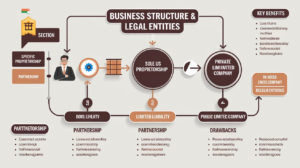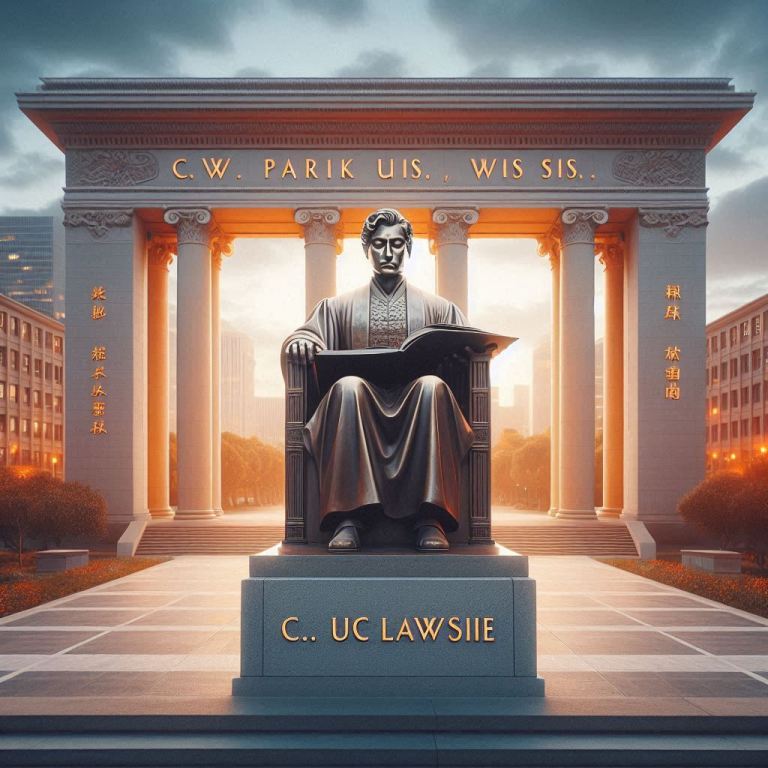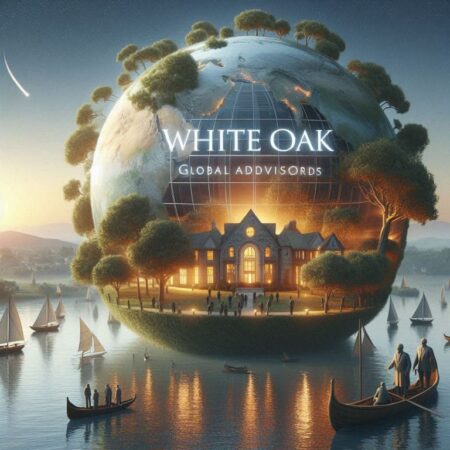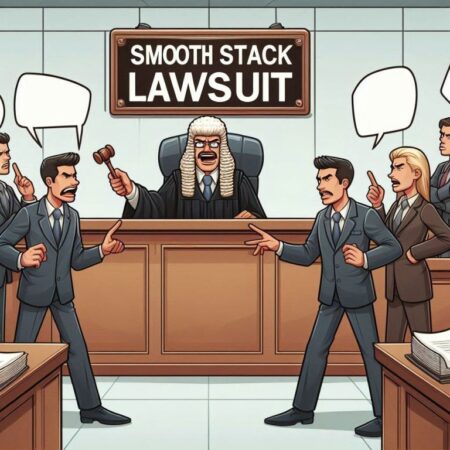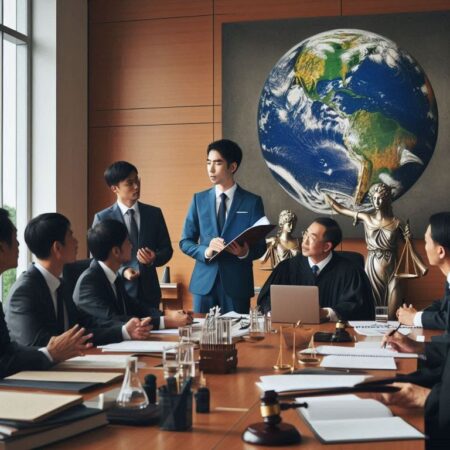The lawsuit involving C.W. Park and the University of Southern California (USC) has garnered significant attention, highlighting critical issues within academic institutions. This article aims to provide a comprehensive analysis of the case, its implications, and broader ethical and legal considerations. By examining the details and ramifications of the lawsuit, we can gain insights into the challenges faced by academia in maintaining integrity and accountability.
Background Information
Who is C.W. Park?
C.W. Park is a distinguished academic with a substantial body of work in the field of marketing. Known for his contributions to consumer behavior and brand management, Park has held prominent positions at various institutions, including USC. His research has significantly influenced both academic thought and practical applications in marketing.
Overview of USC (University of Southern California)
USC is a prestigious private research university located in Los Angeles, California. Founded in 1880, it is renowned for its strong academic programs, particularly in business, cinema, and engineering. USC has a rich history of innovation and excellence, making it one of the leading institutions in the United States.
Details of the Lawsuit
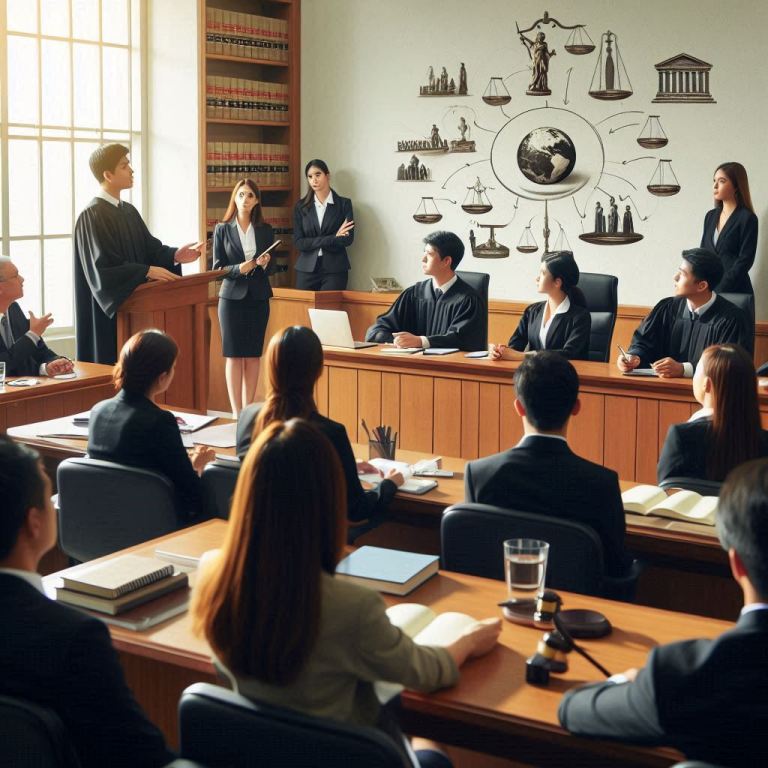
Initiation of the Lawsuit
The lawsuit against C.W. Park was initiated in 2006, with [plaintiff’s name] filing the case. The allegations centered around [specific accusations], bringing to light serious concerns about [specific issues]. The case involves multiple parties, including [names], each playing a crucial role in the proceedings.
Allegations against C.W. Park
The primary allegations against C.W. Park include Student harassment. Evidence presented in court ranged from types of evidence, providing a detailed account of the alleged misconduct. These accusations have raised questions about relevant issues, necessitating a thorough examination of the facts.
Legal Proceedings
Initial Court Hearings
The initial court hearings began on [date], with both sides presenting their arguments. The prosecution focused on [key arguments], while the defense emphasized key arguments. These hearings set the stage for a complex legal battle, with both parties bringing substantial evidence and testimony to the table.
Developments during the Trial
As the trial progressed, several significant developments occurred. Testimonies from witness names provided crucial insights, while legal strategies from both sides highlighted the intricacies of the case. The trial’s progression revealed specific details, underscoring the complexity of the allegations.
Implications of the Lawsuit
Impact on C.W. Park’s Career
The lawsuit has had profound implications for C.W. Park’s career. Professionally, he has faced repercussions, affecting his standing in the academic community. On a personal level, the stress and public scrutiny have been considerable, influencing various aspects of his life.
Consequences for USC
For USC, the lawsuit has prompted significant institutional changes. These include [specific changes], aimed at addressing the issues highlighted by the case. Policy reforms have been introduced to prevent similar incidents in the future, reflecting a commitment to upholding academic integrity.
Reactions and Opinions
Academic Community’s Response
The academic community has had mixed reactions to the lawsuit. While some have expressed support for C.W. Park, others have criticized his actions. This division highlights the broader debate about ethics and accountability in academia, with strong opinions on both sides.
Public Opinion
Public opinion has been equally divided, with media coverage and social media reactions reflecting a wide range of views. Some see the case as a necessary step towards greater transparency, while others view it as a harsh treatment of a respected academic. This diversity of perspectives underscores the case’s complexity and significance.
Expert Insights
Legal Experts’ Perspectives
Legal experts have weighed in on the case, offering varied analyses. Some predict outcome, based on the evidence and legal precedents. Others emphasize the potential for broader implications, particularly regarding [relevant issues]. These insights provide valuable context for understanding the case’s potential outcomes.
Academic Viewpoints
From an academic perspective, the lawsuit raises critical questions about academic integrity. Experts in the field have discussed the potential impact on relevant issues, highlighting the need for robust ethical standards. The case serves as a reminder of the importance of maintaining high standards in academic research and practice.
Broader Context
Similar Cases in Academia
The C.W. Park lawsuit is not an isolated incident. Similar cases in academia have occurred, each shedding light on different aspects of academic misconduct. Historical precedents such as [cases] provide a comparative framework, helping to contextualize the current lawsuit.
Legal Framework for Academic Lawsuits
The legal framework governing academic lawsuits includes [relevant laws and regulations]. Recent changes in the legal landscape have influenced how such cases are handled, with implications for both plaintiffs and defendants. Understanding this framework is essential for comprehending the broader context of the C.W. Park lawsuit.
Ethical Considerations
Academic Ethics and Misconduct
Academic ethics is a critical area, encompassing various forms of misconduct such as [examples]. Upholding ethical standards is vital for the credibility of academic institutions, requiring stringent measures to prevent and address violations.
Role of Institutions in Maintaining Ethics
Universities play a crucial role in maintaining ethical standards. Their responsibilities include [specific responsibilities], aimed at fostering an environment of integrity and accountability. Effective measures for prevention and accountability are essential for preserving the trust and credibility of academic institutions.
Conclusion
The C.W. Park USC lawsuit is a complex and multifaceted case with significant implications for both individuals and institutions. By examining the details, reactions, and broader context, we gain valuable insights into the challenges of maintaining academic integrity. This case serves as a reminder of the importance of ethical standards and the need for robust measures to uphold them. As the case progresses, continued attention and discussion will be essential for fostering a more transparent and accountable academic environment.

